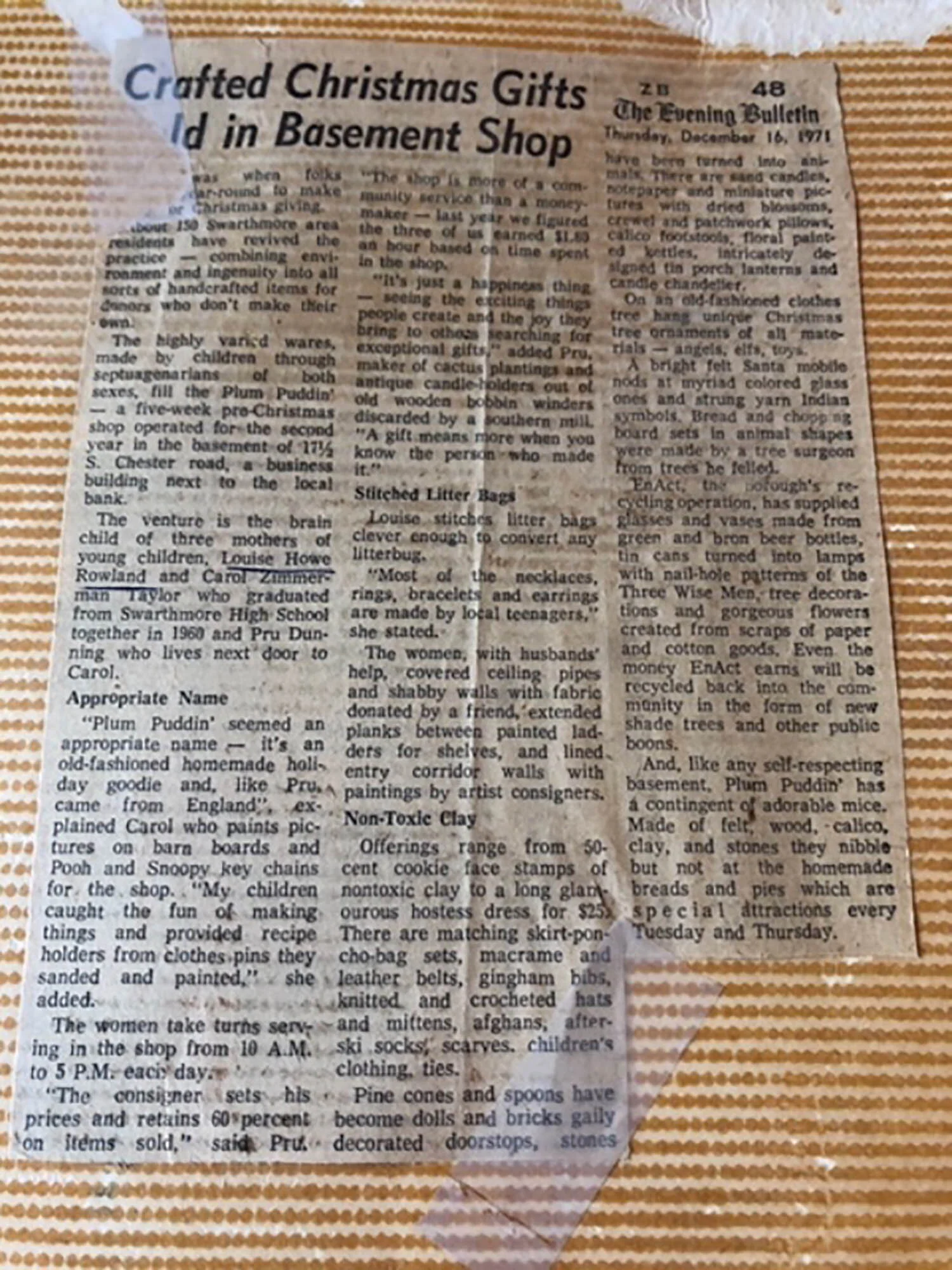To the Editor,
Regarding Stefan Roots’ opinion piece of January 3: a perspective from our neighboring town to the south is refreshing, but criticism of a proposed sale of the Chester Water Authority to help alleviate financial problems is unfair. Chester has many ills rooted in multiple causes going back decades under both Republican and Democratic administrations. While I agree that extended one-party rule is unhealthy for democracy, this is not the cause of Chester’s problems. Furthermore, we should look in the mirror. Swarthmore is now a one-party town. There has not been a Republican candidate for local office in years.
I am not sure what the solution is. We cannot tell people where to live, and geographical political polarization is a national trend. Besides, does minority-party representation guarantee better governance? It is interesting that under the Pennsylvania Constitution the default electoral system called “limited voting” is used to elect most county and township commissions. Under the three-member commission system used in most counties, voters can only cast their ballots for two out of three candidates, with the goal of ensuring that one of the three is from another party. This was the system used in Delaware County until the 1976 adoption of a Home Rule Charter converted governance to a five-member council elected at large. Philadelphia uses limited voting to ensure that at least two of the seven council members elected at large are of a minor party.
A better system is to promote competitive elections. But finding people to run for local office is difficult. The job is time-consuming and the pay is low or nonexistent. Robust debate even within one party can lead to better and more creative solutions to problems. While standing for and then losing an election is no fun, maybe there is a way to encourage more people to run in local elections.
Around the country, more towns are replacing winner-take-all elections with an alternative election system called “ranked choice voting.” Under this system, voters rank their choices in order of preference.
If there are three or more candidates and only one seat to fill, as in a mayoral election, a candidate must get a majority of votes to be elected. If no candidate gets a majority, the candidate receiving the fewest votes is eliminated and their voters’ second choices are transferred to the respective remaining candidates. This process is repeated until one candidate gets a majority. This system can encourage more third-party or independent candidates to seek election and eliminates the “spoiler effect” when a third party draws votes away from a candidate a majority of voters might otherwise prefer. In an election where there are multiple seats to be filled, such as a race for county or city council, determining the winners gets more complicated, but the goal of promoting competition and electing candidates with the most support is the same.
Ranked choice voting could be used in one-party towns like Swarthmore where the primary is the election, especially if Pennsylvania were to adopt open primaries.
Lora Lavin
Swarthmore


